Is Bitcoin Private?
Last updated
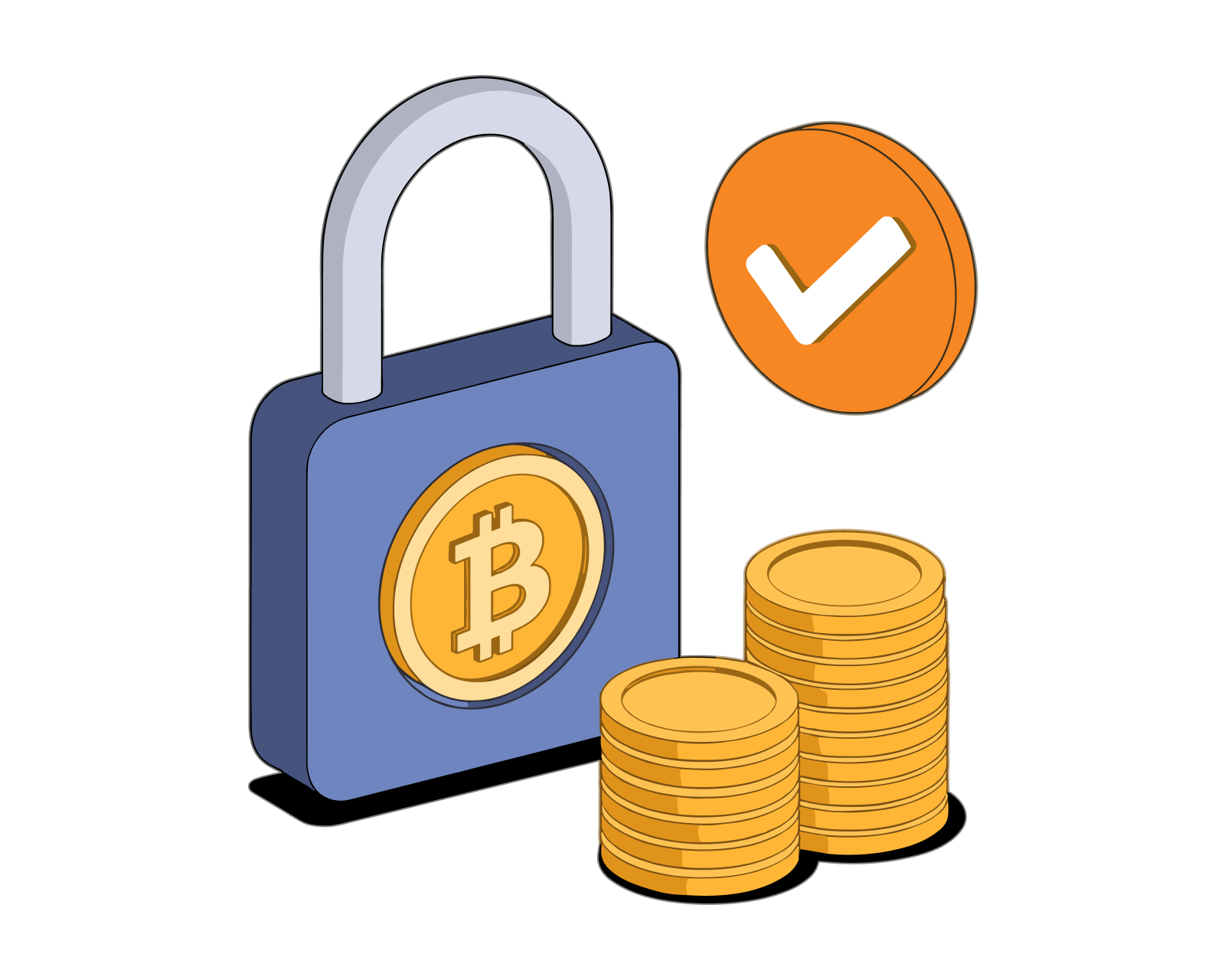
Table of Contents
Bitcoin Privacy: Pseudonymity vs. Anonymity
Bitcoin is often mistakenly believed to be completely anonymous, but it's actually pseudonymous. This means that while your identity isn't directly tied to your Bitcoin transactions, they are still traceable on the public blockchain. Every transaction is recorded on the blockchain with the associated Bitcoin addresses, which are long strings of characters. While these addresses don't reveal your name or personal information directly, they can be linked to your identity through various means. This pseudonymity offers a degree of privacy, shielding your identity from casual observation. However, if your Bitcoin address is ever linked to your real-world identity, all your past and future transactions associated with that address become traceable.
Read more about how Bitcoin transactions work and the role of Bitcoin addresses. Also, learn about Bitcoin wallets and how they manage your Bitcoin addresses.
How Bitcoin Transactions Can Be Traced
Several factors can compromise your Bitcoin privacy:
- KYC/AML Regulations: Many cryptocurrency exchanges require users to verify their identities through Know Your Customer (KYC) and Anti-Money Laundering (AML) regulations. This creates a direct link between your identity and your Bitcoin transactions on those exchanges. Learn more about how Bitcoin exchanges works.
- IP Address Tracking: When you transact with Bitcoin, your IP address can be logged, potentially revealing your location and linking it to your Bitcoin activity.
- Blockchain Analysis: Specialized companies and tools can analyze the blockchain to identify patterns and connections between Bitcoin addresses, potentially deanonymizing users. Learn more about blockchain technology.
- Address Reuse: Reusing the same Bitcoin address for multiple transactions makes it easier to track your activity and link addresses to your identity.
- Publicly Sharing Your Bitcoin Address: If you share your Bitcoin address on social media, forums, or other public platforms, it becomes easier for others to link it to your identity.
Enhancing Your Bitcoin Privacy: Best Practices and Tools
While Bitcoin isn't inherently anonymous, you can take steps to enhance your privacy using various tools and techniques:
-
Use a New Address for Each Transaction: This breaks the link between your transactions, making it harder to track your activity. The Bitcoin.com Wallet app makes it easy to generate new addresses. Learn how to send and receive Bitcoin.
-
Use a Privacy-Focused Bitcoin Wallet: Some wallets offer features like Tor integration and Coin Control, which enhance anonymity. Learn how to choose the right Bitcoin wallet. Explore different types of Bitcoin wallets.
-
Consider a Coin Mixer/Tumbler: Coin mixers, also known as tumblers, obscure the link between sending and receiving addresses by mixing your coins with others. However, using a coin mixer carries risks, so research reputable services and understand the potential legal implications. Learn more about coin mixers.
-
Use a VPN: A Virtual Private Network (VPN) masks your IP address, making it harder to track your location and link it to your Bitcoin transactions.
-
Avoid Linking Personal Information to Your Bitcoin Addresses: Refrain from using your real name, email address, or other identifying information when transacting with Bitcoin.
-
Be Cautious of Public Wi-Fi: Avoid using public Wi-Fi for Bitcoin transactions, as it can be insecure and expose your activity to potential eavesdropping.
-
Practice Good Digital Asset Security: Protecting your private keys and following security best practices is crucial for maintaining your Bitcoin privacy. Learn more about digital asset security, and understand the importance of custodial vs. non-custodial wallets.
-
CoinJoin: This privacy-enhancing technique combines multiple Bitcoin transactions into one, making it difficult to trace individual coins.
Exploring Privacy-Focused Alternatives and Future Developments
If privacy is your top priority, consider these alternatives:
- Privacy Coins: Cryptocurrencies like Monero, Zcash, and Zano offer enhanced privacy features built into their protocols. Learn more about privacy coins and explore Zano in depth with What is Zano? and What are Confidential Assets on Zano?.
- Privacy-Focused Wallets: Wallets like Wasabi and Samourai offer advanced privacy features.
Ongoing developments in Bitcoin, such as the implementation of Schnorr signatures and Taproot, could further enhance privacy. Learn about Bitcoin's governance and how the protocol evolves.
Understand the importance of censorship resistance. Bitcoin Layer-2 solutions like the Lightning Network also offer privacy enhancements.
Conclusion
Bitcoin offers a degree of privacy, but it's not absolute. By understanding its limitations and adopting best practices, you can significantly improve your anonymity when using Bitcoin.
Learn more about Bitcoin. Explore how to buy and sell Bitcoin. Read our guide on avoiding Bitcoin fraud and learn how to keep your Bitcoin secure.
Related guides
Start from here →
What is Bitcoin?
Get a straightforward introduction to Bitcoin and why it matters.

What is Bitcoin?
Get a straightforward introduction to Bitcoin and why it matters.

How do bitcoin transactions work?
Understand how the Bitcoin public blockchain tracks ownership over time. Get clarity on key terms like public & private keys, transaction inputs & outputs, confirmation times, and more.

How do bitcoin transactions work?
Understand how the Bitcoin public blockchain tracks ownership over time. Get clarity on key terms like public & private keys, transaction inputs & outputs, confirmation times, and more.
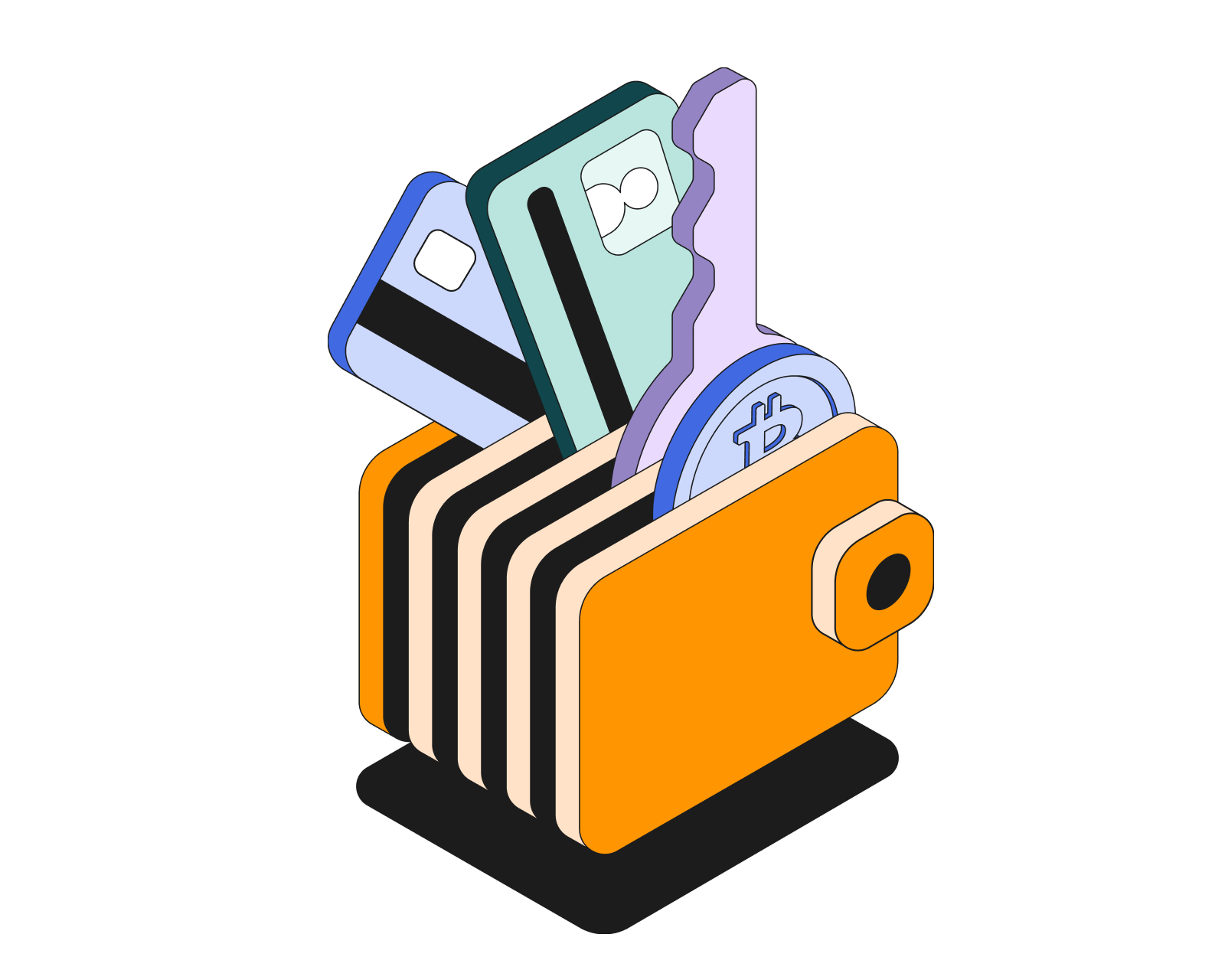
What is a Bitcoin wallet?
Learn about this essential tool for sending, receiving, and storing your bitcoin; how it works, and how to use it safely.

What is a Bitcoin wallet?
Learn about this essential tool for sending, receiving, and storing your bitcoin; how it works, and how to use it safely.
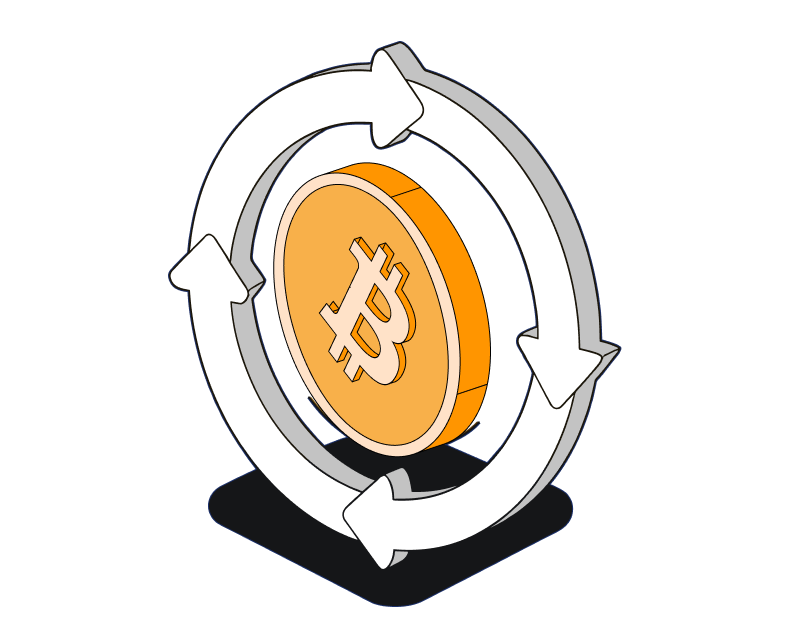
What is a Coin Mixer?
A coin mixer enhances cryptocurrency transaction privacy by obscuring the link between sending and receiving addresses. Learn how they work, the risks, and alternatives.

What is a Coin Mixer?
A coin mixer enhances cryptocurrency transaction privacy by obscuring the link between sending and receiving addresses. Learn how they work, the risks, and alternatives.
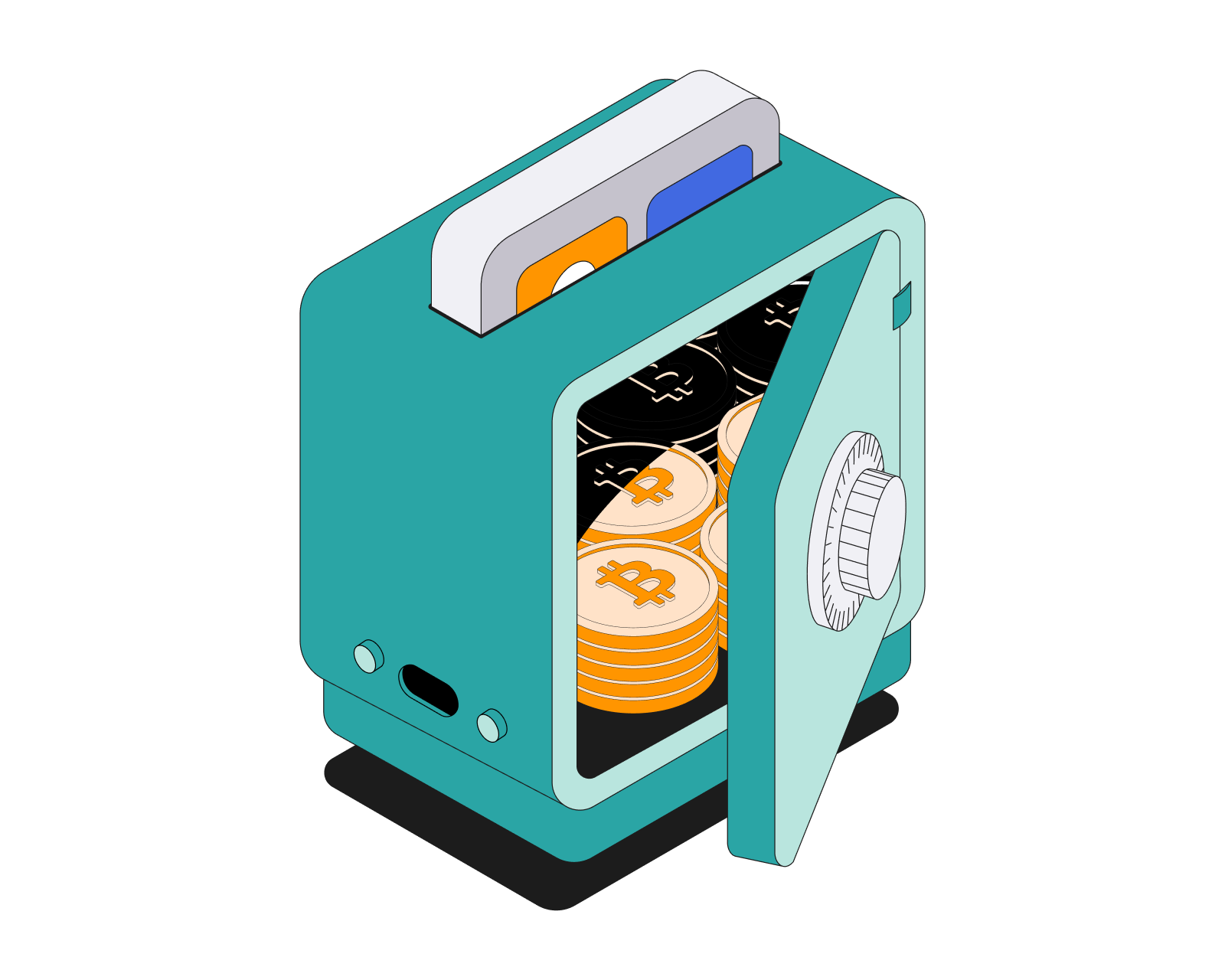
How do I keep my cryptoassets safe?
Make sure your cryptoassets are safe with these simple tips.

How do I keep my cryptoassets safe?
Make sure your cryptoassets are safe with these simple tips.

How to keep your Bitcoin secure
How to keep your Bitcoin secure

How to keep your Bitcoin secure
How to keep your Bitcoin secure
STAY AHEAD IN CRYPTO
Stay ahead in crypto with our weekly newsletter delivering the insights that matter most
Weekly crypto news, curated for you
Actionable insights and educational tips
Updates on products fueling economic freedom
No spam. Unsubscribe anytime.
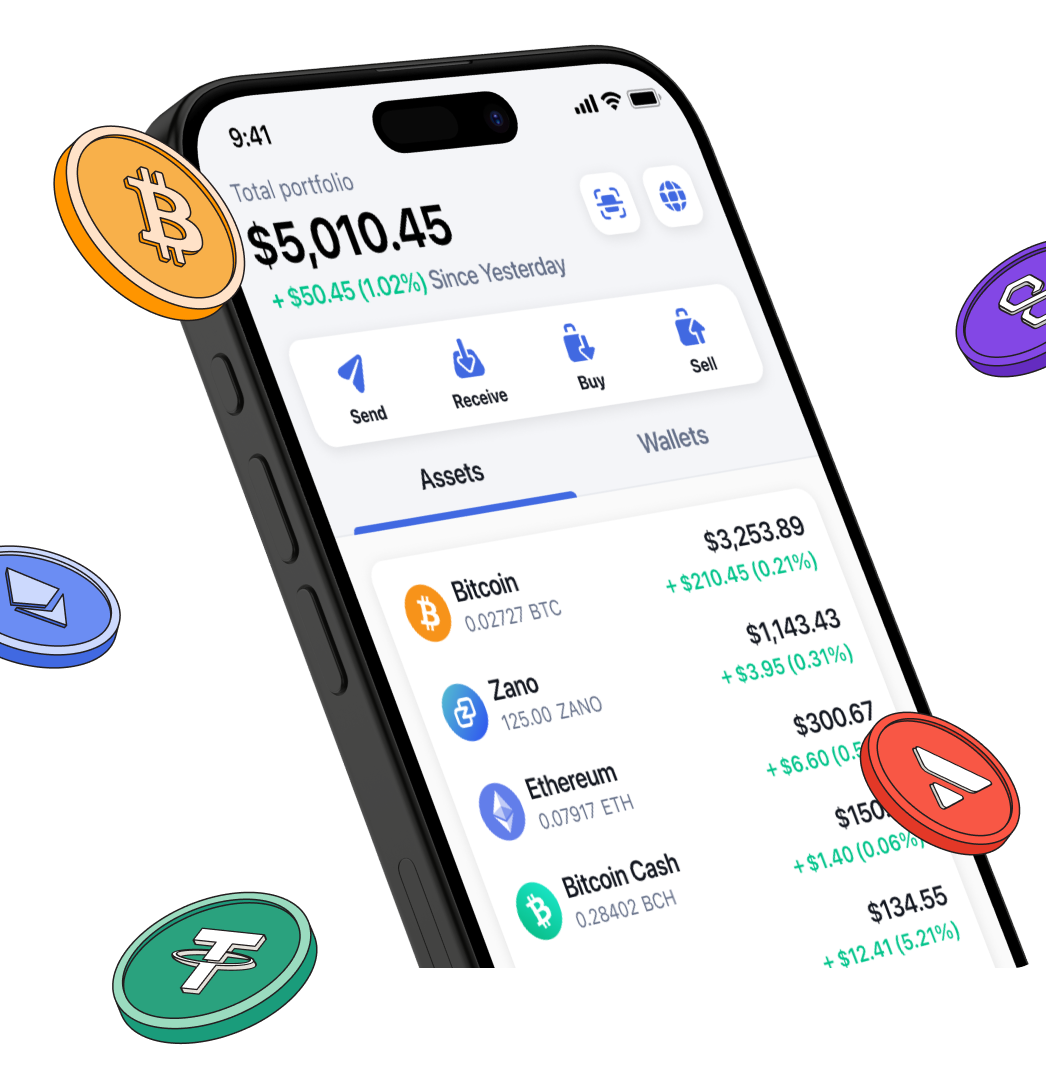
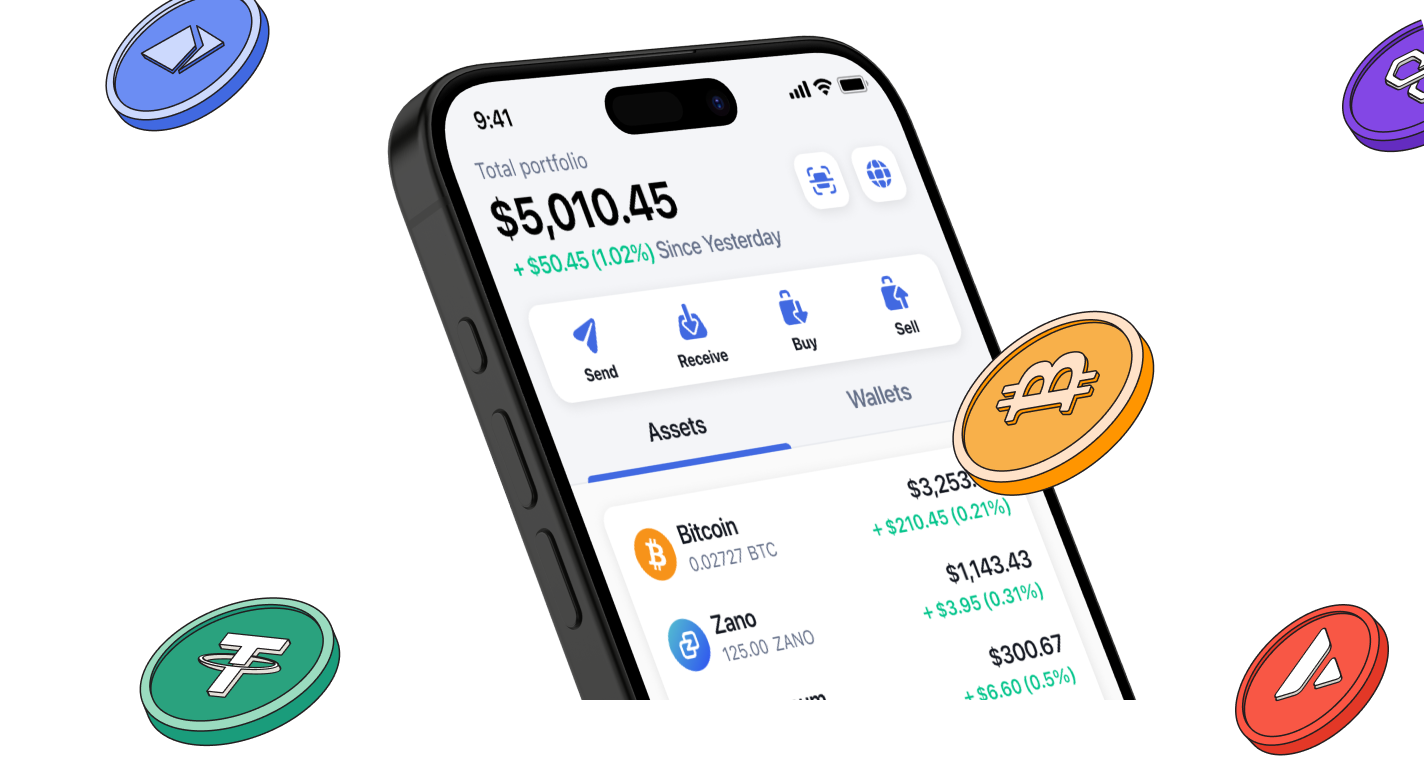
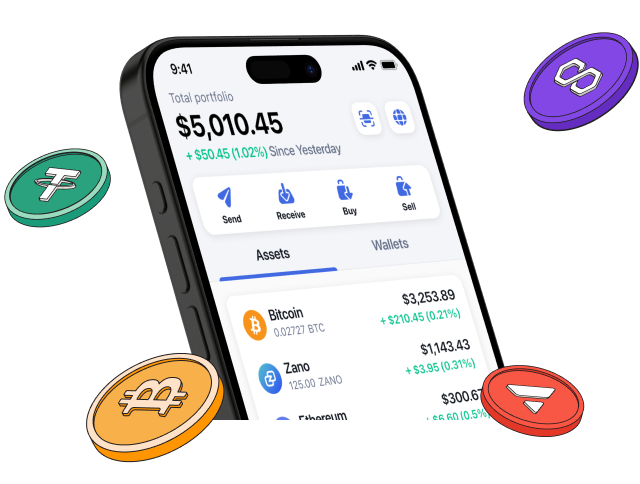
Start investing safely with the Bitcoin.com Wallet
Over wallets created so far
Everything you need to buy, sell, trade, and invest your Bitcoin and cryptocurrency securely

© 2026 Saint Bitts LLC Bitcoin.com. All rights reserved




